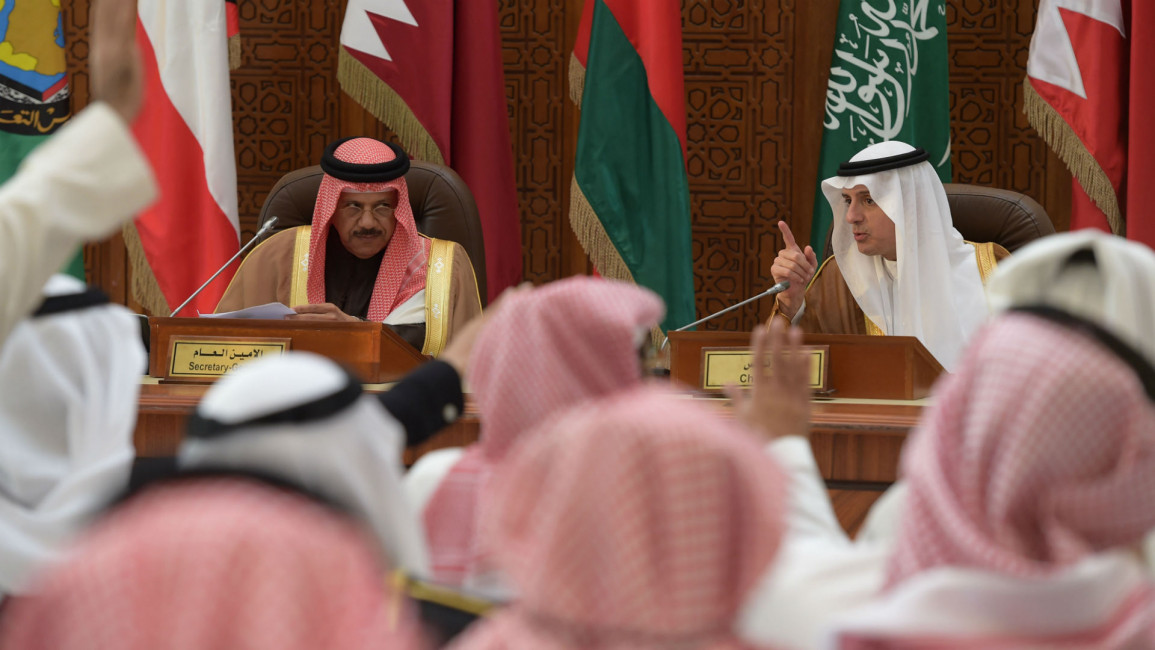Gulf emerging between US and Saudi following 9/11 law
Saudi Arabia has warned that "disastrous consequences" could come after the US passed a law allowing the families of 9/11 victims to sue Saudi Arabia.
The decision has caused tensions between the longstanding allies in the region, already strained following the US nuclear agreement with Iran.
A Saudi foreign ministry source late called on the US Congress "to take the necessary measures to counter the disastrous and dangerous consequences" of the law.
"Source of worry"
The unnamed spokesman, cited by the official Saudi Press Agency, said the law is "a source of great worry".
This law "weakens the immunity of states", and will have a negative impact on all countries "including the United States," the spokesman said.
He expressed his hope that "wisdom will prevail".
A Saudi newspaper sent a message to US lawmakers through a headline that played with the letters of "JASTA", the name of the new law.
"Just Acted Stupidly Toward Allies," Arab News said on its front page.
The erosion of sovereign immunity is also a concern among the six-nation Gulf Cooperation Council, of which Saudi Arabia is the most powerful member.
Saudi Arabia's Gulf allies have lined up beside Riyadh to criticise the legislation.
Late on Thursday, United Arab Emirates foreign minister Anwar Gargash described the move as "a dangerous precedent in international law that undermines the principle of sovereign immunity and the future of sovereign investments" in the US.
"The populism surrounding the JASTA law overcame the rationality required in matters of international law and investments," he tweeted.
He went on to warn of its "long term and dangerous implications".
Gulf backlash
Bahrain - another GCC ally of Riyadh - has also criticised the bill, which it warned will harm the US.
This came just a day after the US Congress voted overwhelmingly to override Barack Obama's veto of a bill allowing 9/11 victims to sue Saudi Arabia, the first such rebuke during his eight-year presidency.
The Senate overrode the veto in a 97-1 vote, followed a short time later by the House of Representatives, which knocked it down with a 348-77 vote.
The rare act of bipartisanship was a blow to Obama, who lobbied hard against the bill, known as the Justice Against Sponsors of Terrorism Act [JASTA].
Obama called Wednesday's vote a "dangerous precedent" and warned the decision would harm US national interests by undermining the principle of sovereign immunity, opening up the US to private lawsuits over its military missions abroad.
Saudi Arabia could reduce valuable security and intelligence cooperation with ally Washington after the Congressional vote, analysts warned.
Riyadh and Washington have a decades-old relationship based on the exchange of US security for Saudi oil.
Yet Saudi Arabia was home to 15 of the 19 al-Qaeda hijackers who carried out the September 11, 2001 attacks on the United States which killed nearly 3,000 people.
Riyadh denies any ties to the plotters.



